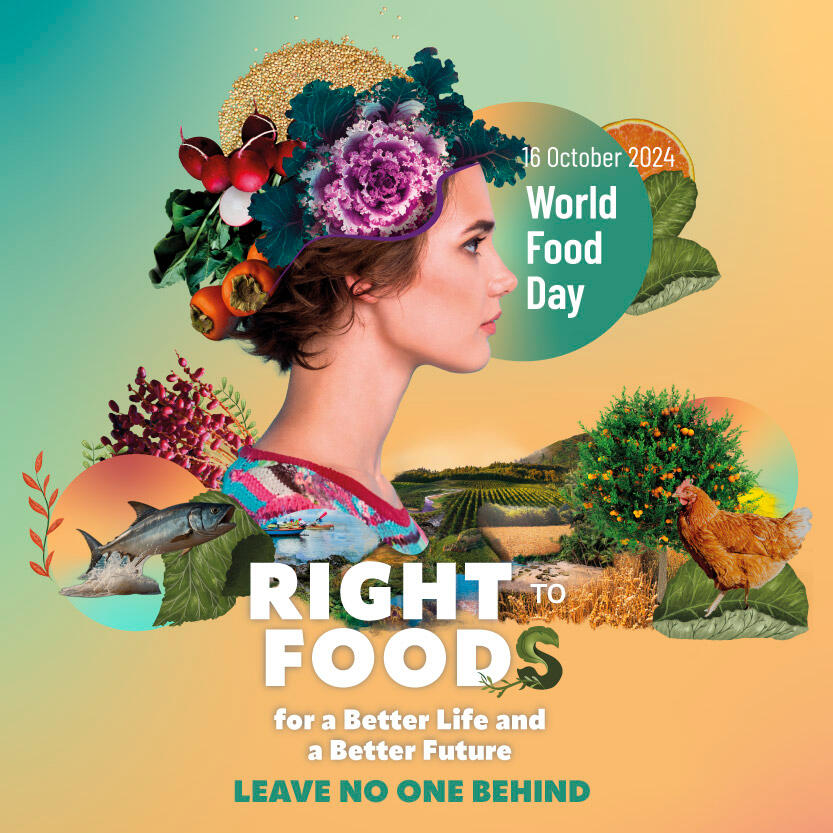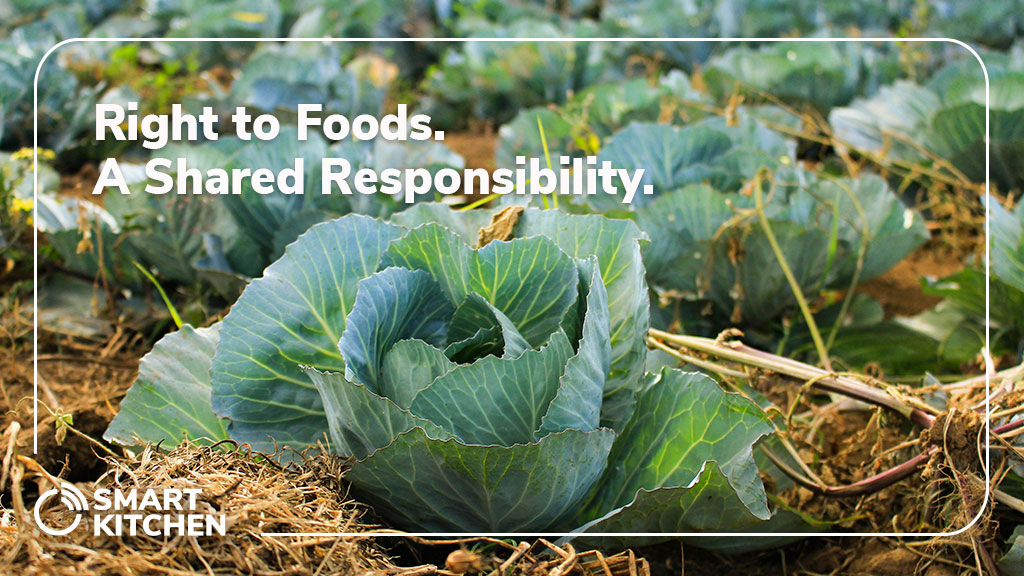The right to nutritious food – a shared responsibility
World Food Day, celebrated annually on October 16th, raises awareness about critical global food security challenges. This year’s theme, “The Right to Nutritious Food for a Better Life and a Better Future,” reminds us that while the world’s farmers produce enough food for the global population, hunger and food insecurity persist.
Currently, around 733 million people face hunger, driven by factors such as climate shocks, conflicts, economic challenges, and growing inequalities. Many of those affected live in agricultural households, highlighting the disparities within and between countries. Despite food being a basic human need, access to healthy, nutritious meals is far from guaranteed for billions of people.
In fact, over 2.8 billion people worldwide cannot afford a healthy diet. This leads to a range of issues, from undernourishment to micronutrient deficiencies and even obesity. At the same time, many individuals are forced to rely on low-cost, nutrient-poor options, exacerbating health problems globally.
Reducing food waste – a shared responsibility
At SmartKitchen, we are dedicated to helping the foodservice industry tackle food waste. Food waste in restaurants is just one area where we can make a real impact. Our Food Waste Tracker application offers practical tools for tracking and reducing food waste on a daily basis. This is not just a step toward more sustainable food production but also a way to promote more sustainable eating habits for everyone.
As individuals, we can make a difference by making informed food choices, reducing waste, and supporting sustainable practices. Together with foodservice operators, businesses, and consumers, we can take collective action to minimize waste and create a more sustainable future for food.
What can we achieve together?
Reducing food waste is not the responsibility of one group but requires the collective efforts of the entire food supply chain. Small changes in foodservice operations can lead to significant outcomes. Food waste and nutrient-poor meals don’t just affect climate change but also exacerbate inequalities and undermine global food security.
On World Food Day, we can all commit to reducing food waste and ensuring that everyone has access to safe, nutritious, and diverse food.
Responsibility starts with small, everyday actions, but together we can achieve significant progress toward a more sustainable and equitable food system.

World Food Day
World Food Day is a globally recognized event celebrated in over 150 countries and available in nearly 50 languages. Its widespread recognition stems from collective efforts that unite governments, municipalities, businesses, civil society organizations, the media, and the general public – including youth.
